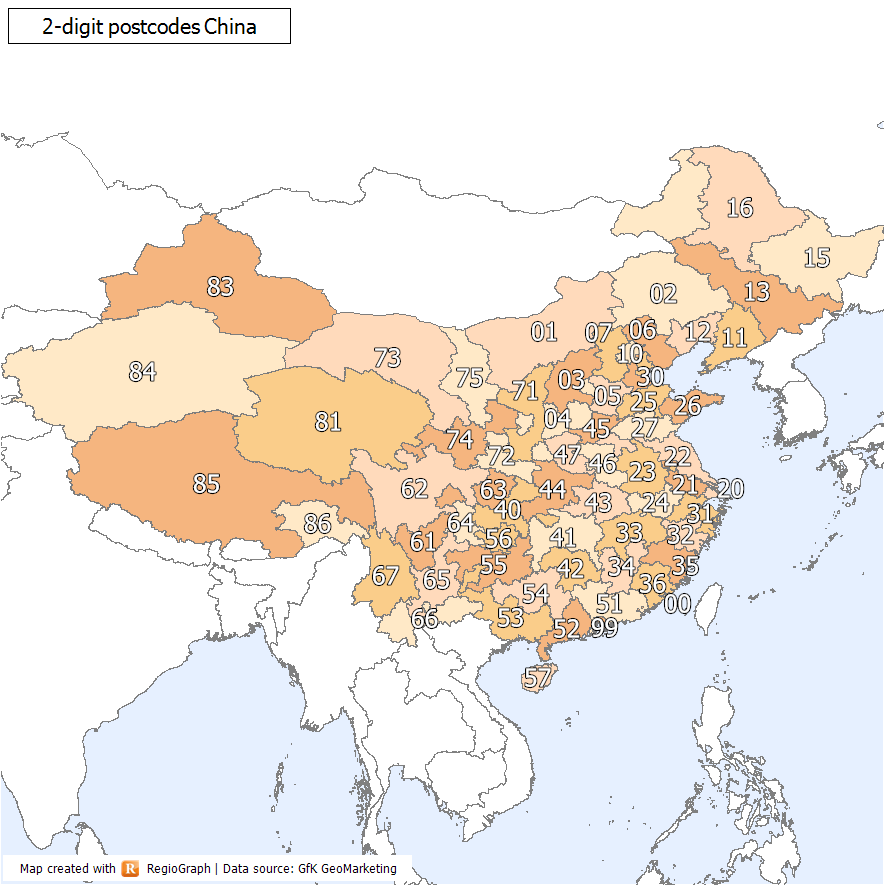|
Tiantai County
Tiantai County ( Tai-chow dialect: T'in-t'e yön; ) is located in Taizhou, Zhejiang Province, People's Republic of China. Residents mainly speak the Tiantai dialect. The county is noted for its scenic Mount Tiantai, which is also an important Tiantai Buddhism site. With a total area of and a population of 560,000, Tiantai is a medium-sized city that administers twelve towns, three districts and 641 villages. Tiantai County's history dates back to the Qin Dynasty (221–208 BCE) when it was called Dongyue, later changed to Huipu during the Han Dynasty (208 BCE–220 CE). Tiantai has extensive natural resources including water power, wind power, mines and biological resources. It tops other cities within the province with a total 51,600 kW water power output and is listed in the first batch of model cities of electrification nationwide. A milestone project, Tongbai Pumped Storage Power Station was completed in 2008. The investment is estimated at up to 4.2 bill ... [...More Info...] [...Related Items...] OR: [Wikipedia] [Google] [Baidu] |
Postal Code Of China
Postal codes in the People's Republic of China () are postal codes used by China Post for the delivery of letters and goods within mainland China. China Post uses a six-digit all-numerical system with four tiers: the first tier, composed of the first two digits, show the province, province-equivalent municipality, or autonomous region; the second tier, composed of the third digit, shows the postal zone within the province, municipality or autonomous region; the fourth digit serves as the third tier, which shows the postal office within prefectures or prefecture-level cities; the last two digits are the fourth tier, which indicates the specific mailing area for delivery. The range 000000–009999 was originally marked for Taiwan (The Republic of China) but is not used because it not under the control of the People's Republic of China. Mail to ROC is treated as international mail, and uses postal codes set forth by Chunghwa Post. Codes starting from 999 are the internal ... [...More Info...] [...Related Items...] OR: [Wikipedia] [Google] [Baidu] |
Han Dynasty
The Han dynasty (, ; ) was an Dynasties in Chinese history, imperial dynasty of China (202 BC – 9 AD, 25–220 AD), established by Emperor Gaozu of Han, Liu Bang (Emperor Gao) and ruled by the House of Liu. The dynasty was preceded by the short-lived Qin dynasty (221–207 BC) and a warring interregnum known as the ChuHan contention (206–202 BC), and it was succeeded by the Three Kingdoms period (220–280 AD). The dynasty was briefly interrupted by the Xin dynasty (9–23 AD) established by usurping regent Wang Mang, and is thus separated into two periods—the #Western Han, Western Han (202 BC – 9 AD) and the #Eastern Han, Eastern Han (25–220 AD). Spanning over four centuries, the Han dynasty is considered a golden age (metaphor), golden age in Chinese history, and it has influenced the identity of the History of China, Chinese civilization ever since. Modern China's majority ethnic group refers to themselves as the "Han Chinese, Han people", the Sinitic langu ... [...More Info...] [...Related Items...] OR: [Wikipedia] [Google] [Baidu] |
Sanhe, Zhejiang
Sanhe () is a town under the administration of Tiantai County, Zhejiang Zhejiang ( or , ; , also romanized as Chekiang) is an eastern, coastal province of the People's Republic of China. Its capital and largest city is Hangzhou, and other notable cities include Ningbo and Wenzhou. Zhejiang is bordered by ..., China. , it has 26 villages under its administration. References Township-level divisions of Zhejiang Tiantai County {{Zhejiang-geo-stub ... [...More Info...] [...Related Items...] OR: [Wikipedia] [Google] [Baidu] |
Fuxi Subdistrict
Fuxi or Fu Hsi (伏羲 ~ 伏犧 ~ 伏戲) is a culture hero in Chinese legend and mythology, credited along with his sister and wife Nüwa with creating humanity and the invention of music, hunting, fishing, domestication, and cooking as well as the Cangjie system of writing Chinese characters around 2,000BC. Fuxi was counted as the first of the Three Sovereigns at the beginning of the Chinese dynastic period. Origin Pangu was said to be the creation god in Chinese mythology. He was a giant sleeping within an egg of chaos. As he awoke, he stood up and divided the sky and the earth. Pangu then died after standing up, and his body turned into rivers, mountains, plants, animals, and everything else in the world, among which is a powerful being known as Huaxu (華胥). Huaxu gave birth to a twin brother and sister, Fuxi and Nüwa. Fuxi and Nüwa are said to be creatures that have faces of human and bodies of snakes. Fuxi was known as the "original god", and he was said to have be ... [...More Info...] [...Related Items...] OR: [Wikipedia] [Google] [Baidu] |
Shifeng Subdistrict
Shifeng may refer to: *Shifeng District Shifeng District () is one of four urban districts of Zhuzhou City, Hunan province, China. It is named after the Shifeng Park, which lies on the south of the district and the northern bank of the Xiang River. Located in the north western region ..., in Zhuzhou, Hunan, China * Shifeng Bridge, in Beijing, China * Shifen waterfall, a scenic waterfall located in Pingxi District, Taiwan {{Disambig ... [...More Info...] [...Related Items...] OR: [Wikipedia] [Google] [Baidu] |

